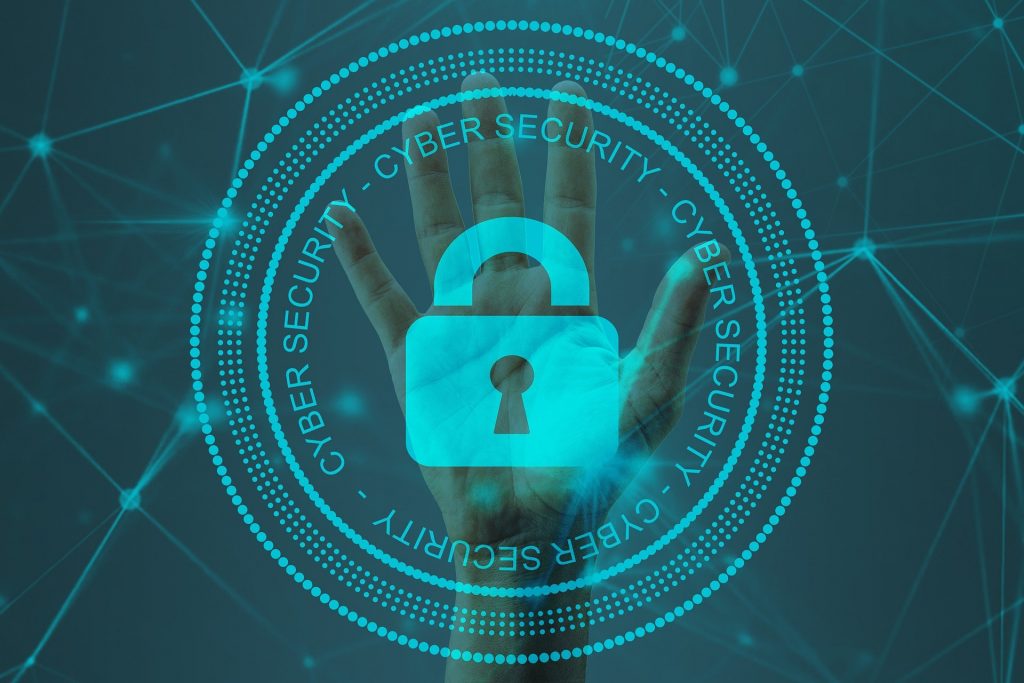The long-awaited Markets in Crypto-Assets (MiCA) law is almost established in the Eurozone. The European Parliament Committee on Economic and Monetary Affairs (ECON committee) just reached a preliminary deal for this crypto regulation in Europe. But that’s not all: beyond MiCA, lawmakers are aiming to apply the travel rule for users and service providers and overseeing Decentralized Finance (DeFi) protocols as well.
In summary, the MiCA law will especially affect the use of stablecoins, token issuers, and cryptocurrencyA digital currency running on a blockchain and built with cryptography. Contrary to central-bank issued currency, cryptocurrency issuance rules are... More companies. All of them will need to comply with some basic rules if they want to operate inside the European Union or for EU citizens. To get an official license, crypto services will be subject to Anti-Money Laundering/Combating the Financing of Terrorism (AML/CFT) rules, while providing reports of their activities and a minimum capital.
Stablecoins will have limitations of use, and the algorithmic type (like Terra) won’t be welcome. All of them must own backup reserves in fiat currency. The European Securities and Markets Authority (ESMA) will be responsible for the supervision of crypto assets. They’ll provide guidelines and delimitate the coins under control, which may include some Non-Fungible Tokens (NFTs).
In the same vein, EU lawmakers also reached another provisional agreement for the Transfer of Funds Regulation (TFR). This law, equivalent to the travel rule, was designed to trace and blockA collection of cryptocurrency transactions. Every few minutes (or seconds, depending on the blockchain) one miner or validator verifies the... More suspicious transactions —for example, operations aimed at money laundering or avoiding sanctions.
Sadly for some crypto users, TFR implies that any crypto transactionA cryptocurrency transaction is an entry on the blockchain ledger, noting sender, receiver and number of coins transacted. More of over 1,000 EUR involving a cryptocurrency exchange will be registered and controlled. The user, even sending from or receiving to a non-custodial wallet, will need to identify and prove the ownership of the addressAn address is a blockchain equivalent to a bank account number in the traditional financial system, or an email address.... More. Beyond this, P2P transactions aren’t included.
Crypto regulation for DeFi in Europe
The MiCA law only needs to get approval from the European Council before coming into force —in 2024. This set of rules doesn’t include DeFi protocols, which, in theory, shouldn’t have the same laws as centralized services. However, several European agencies are already studying the possibility and methods to supervise DeFi platforms almost automatically.

A contract notice describes how they’re looking for ways to take advantage of the open nature of the Ethereum chain to trace and oversee DeFi transactions. As it reads:
“The project will seek to benefit from the open nature of transaction data on the Ethereum blockchainBlockchain is a type of database storing an immutable set of data, verifiable to anyone with access to it —through..., which is the biggest settlement platform of DeFi protocols. Its main focus will be on automated supervisory data gathering directly from the blockchain to test the technological capabilities for supervisory monitoring of real-time DeFi activity.”
For now, this seems to be barely a project, but it could become law in the future. What we know for sure is that, in less than two years, the crypto regulation in Europe will be tighter for everyone. Users and companies will have to respect new rules while trading, closely watched by authorities.
Wanna trade BTCAn abbreviation for Bitcoin., ETH, and other tokens? You can do it safely on Alfacash! And don’t forget we’re talking about this and many other things on our social media.








